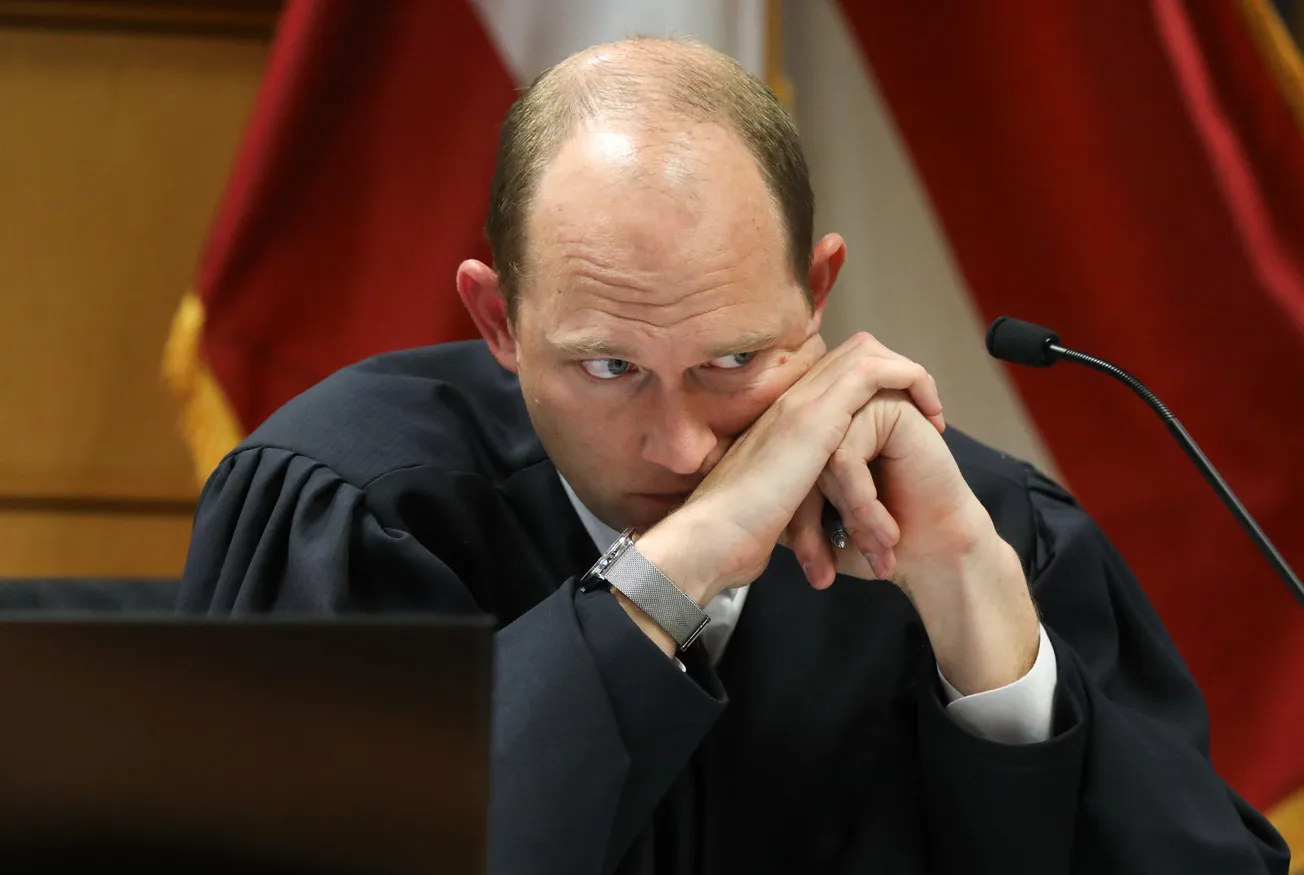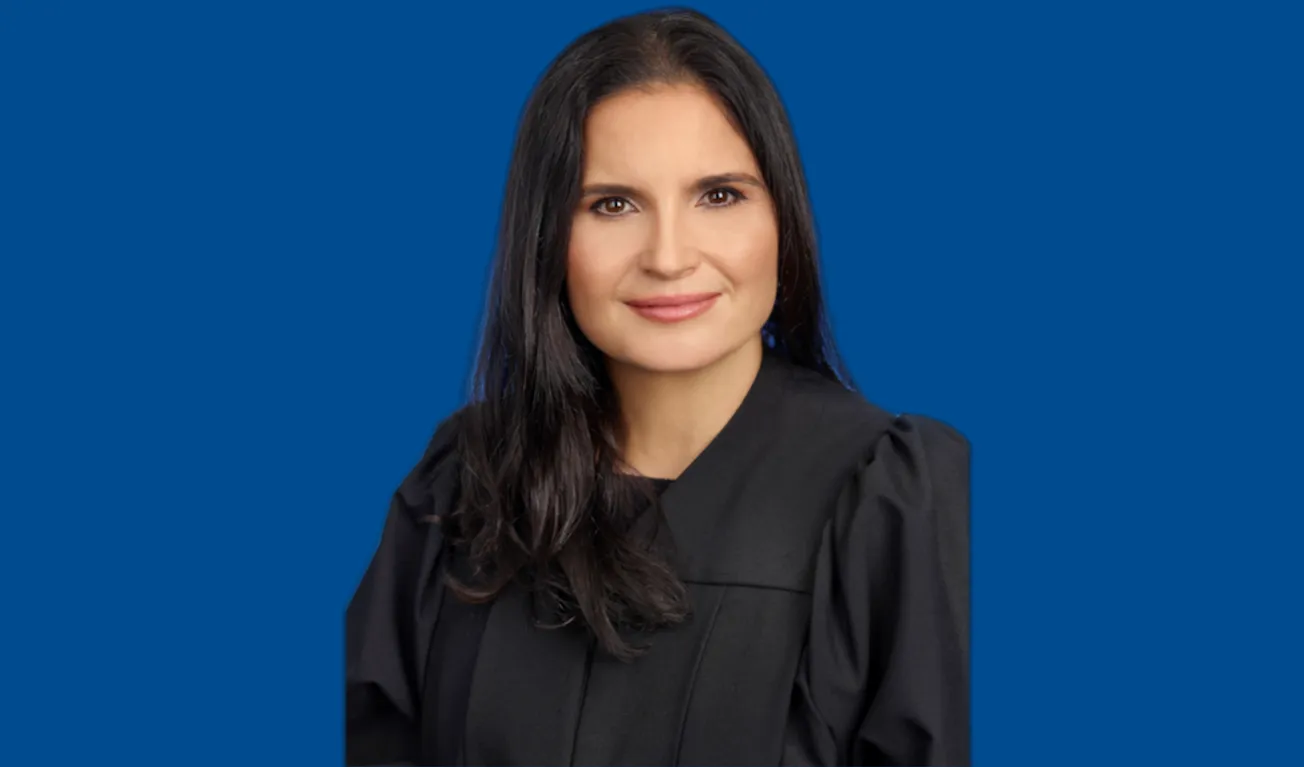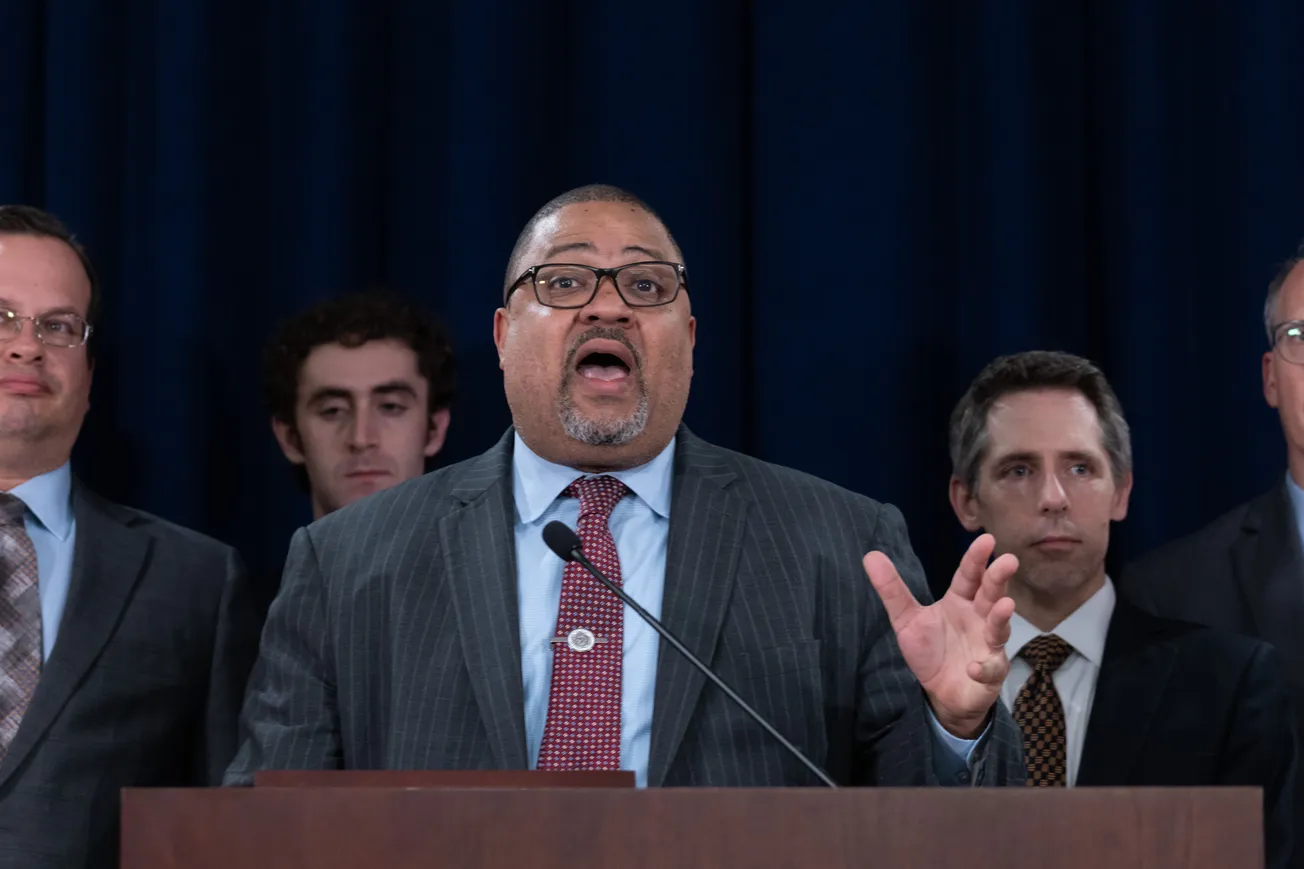The Fulton County RICO charge against former President Trump and 19 associates is probably the most high-profile and high-stakes case in generations. In one sweep, District Attorney Fani Willis used Georgia's Racketeering and Corruption laws, reserved primarily for prosecuting organized crime, against a former president and his staff.
The case took a strange turn when Willis herself had to take the stand to defend her corrupt conduct when she engaged in an affair with Nathan Wade, her chief prosecutor, whom she had hired. The RICO case took nearly a month-long pause as the judge, Scott McAfee of Fulton County Superior Court, weighed whether Willis should be ejected from the RICO proceedings.
In a mild decision meant to appease Fulton County's majority Black population, the judge ruled that Willis could stay on the case only if Wade resigned as prosecutor. Within hours, Wade had resigned, paving the way for Willis to resume control.
But, in his 23-page ruling, the judge got himself into numerous knots with some statements bordering on the ridiculous. While the world gaped at Willis's astonishing assertions that she kept up to $15,000 in cash and routinely reimbursed Wade for her numerous romantic trips, the judge only found these assertions "unusual and understandably concerning." He ruled that Willis's inability to provide evidence of repayment was "not so incredible as to be inherently unbelievable."
Rather than rule what the world concluded - that there was a clear conflict of interest when Willis materially profited through their lavish vacations from getting Wade to continue billing Fulton County at $250/hour - the judge would only go so far as to "recognize a significant appearance of impropriety."
The Willis/Wade case, streamed live on numerous outlets and TV, gripped the nation like the OJ Simpson hearings back in 1995. In a classic David v. Goliath case, an unknown but extraordinarily ambitious District Attorney had brought about a complex criminal case against the highest-profile individual in the country. The stakes were incredibly high. If she won the case and succeeded in imprisoning former President Trump, she could tilt the election to Biden, sealing her place as the Left's hero and her legacy in American history.
But, while what happens in a court of law is critical, the court of public opinion is equally relevant.
More ordinary Americans relate better to Willis's life than to former President Trump, who, as a billionaire, has always lived in wealth. Willis's first job was prosecuting misdemeanors and city ordinance violations, like parking. She spent 16 years in a relatively low-profile government job. She tried to go into private practice but didn't find it worthwhile, so she ran for a seat to become a Fulton County Superior Court judge. But she lost.
Many Americans could appreciate Willis's anecdotes when she was on the stand. When asked how she collected such a large stash of cash at home, she explained that she would pay for her groceries at Publix, a big supermarket chain in the Southeast, with her credit card. If the bill came to $30, she would have the cashier charge her card $50 and receive $20 back in cash. Millions of Americans take advantage of this benefit by drawing cash on their credit cards without having to pay credit card interest rates.
The same Americans would be terrified to do what Willis did. As our own Rajkamal Rao noted recently, Willis's conduct was so flawed that she could never be a role model for young minority individuals.
When defense attorneys first filed a complaint that Willis had been engaged in a romantic relationship with her prosecutor, she falsely denied the charge. She then went to a Black church to claim that the complaint was racist. After defense attorneys filed additional evidence, she later reluctantly acknowledged that she did have an affair but that she was no longer in one.
On the stand, she insisted that her romance was recent, contradicting testimony from someone who worked for her who said that the romance had been going on for over three years. When asked about her numerous exotic trips with Wade, all paid for by Wade using his corporate business card while he was billing the county, Willis said she reimbursed Wade in cash. She said that sometimes she kept money in the thousands of dollars. When pressed for proof that she paid her boyfriend back in cash, she said she didn't need any because Wade had already said the same thing: "The testimony of one witness is enough to prove a fact." She conceded that she had no written proof.
If the DA that brought a case was so compromised in her ethical and moral judgment, how could the public accept her as the driver of justice? Just two days ago, Georgia Governor Brian Kemp signed a law allowing the Prosecuting Attorneys Qualifications Commission with powers to discipline and remove "rogue and incompetent" prosecutors. It is unclear if this law, which will likely invite court challenges, will prevent Willis from resuming control of the Trump RICO case.
And then there's the conduct of the judge, Scott McAfee. While he conducted the proceedings with extreme professionalism, Americans saw that he gave significant latitude to Willis and Wade, often ruling in their favor. The young judge once reported to Willis, so perhaps he felt loyal to her as he knew he would have to survive in heavily Democratic Fulton County. Two weeks ago, the Rainbow Coalition brilliantly announced they would field a candidate to oppose the judge in the next election. The goal was to apply indirect pressure on him to go easy on Willis, who is Black.
The judge's decision to let Fani Willis continue prosecuting the Trump RICO case did not even amount to a slap on the wrist. The judge must have been thinking about it. He wrote, "Regardless of the case's outcome, it is important that how it unfolds instills public confidence in the fairness and legitimacy of the process."
In the court of public opinion, most Americans would never believe justice was served.









